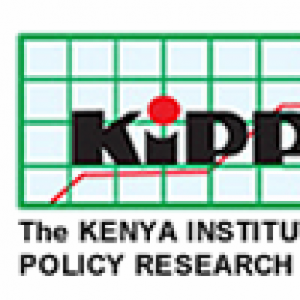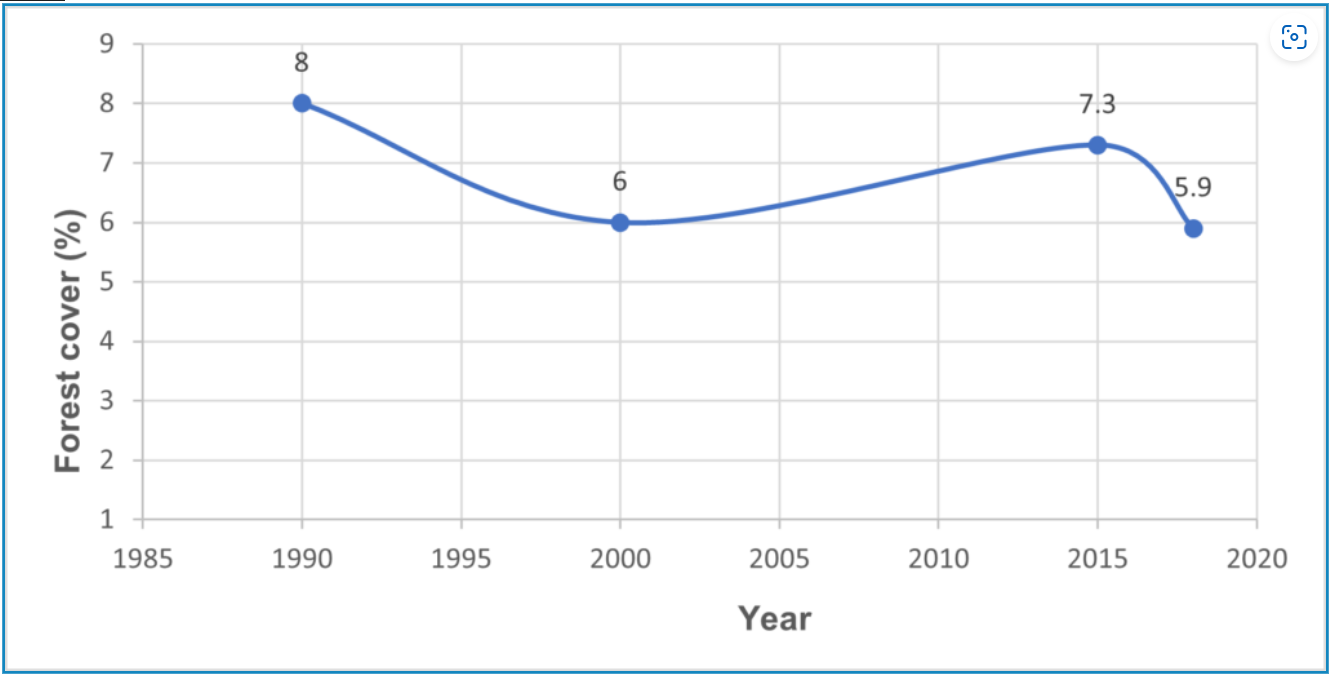The Big Four Agenda is a development action plan initiated by President Uhuru Kenyatta to accelerate the realization of the country’s Vision 2030. This action plan has four pillars, which include manufacturing, food security, universal health coverage and affordable housing.
Constraints in Manufacturing Agenda
Kenya vision 2030 was to transform Kenya into an industrializing country providing a high quality of life to all its citizens in a clean and secure environment for all citizens. The objective of the agenda was to improve the country’s Gross Domestic Product (GDP) from 9% in 2017 to 15% which was to be achieved in 2022 which was more than 50% increase.
This agenda is not feasible by 2030 due the following.
Stagnation of manufacturing sector: The sector is stagnant and also there is no improvement to the country’s GDP due to cases of tax evasion which is common I the country. Illicit product or goods on the market prevents the growth of the country’s economy.
Counterfeit goods: There are many cases of counterfeit goods in the economy which are affecting locally produced goods leading to reduction in the country’s GDP.
Corruption: Corruption cases have increased in the country where few individuals uses funds meant to develop the country for their own benefits. Kenya has not yet solved the problem of corruption, which is greatly affecting this sector
Locally produced goods and natural resources: The rate of imports is higher than the rate of exports in the country hence the locally manufactured goods loose market leading to the collapsing of the local industries.
Collapsing of local industries: Due to presence or overflow of secondhand clothing and second hand cars have greatly affected the textile and car industries due to price competition and also prevents other local industries to scale up.
Counterfeit goods: This are low standard goods that effect the price rate on the market.
What should the government do?
Prioritization of Sectors for Industrialization: The government should concentrate on the subsectors of the industries like textile industries, agro-processing, leather industries, mining and gas. These will help the local industries to develop hence producing more. These will also create employment hence higher income. When the income is more it will lead to rise of the country’s GDP
Restrictions on imports: Substandard goods should be restricted from entering the country. This will ensure favorable price competition between local and imported goods. second hand clothing and cars should be prevented from entering the country to give local textile and industries an upper hand.
By Wandabwa Dancan Lusweti, a student at Turkana University College





